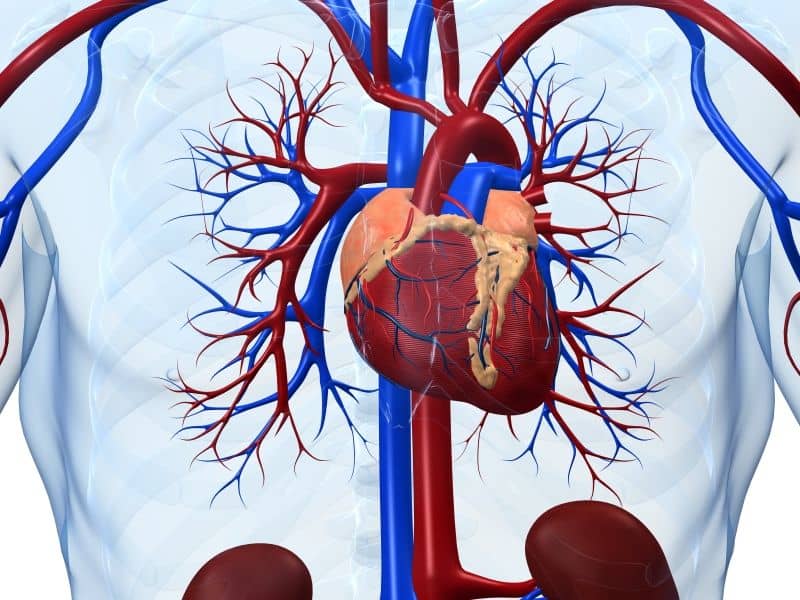Observational studies have suggested that accelerated surgery is associated with improved outcomes in patients with a hip fracture. The HIP ATTACK trial assessed whether accelerated surgery could reduce mortality and major complications.
HIP ATTACK was an international, randomised, controlled trial done at 69 hospitals in 17 countries. Patients with a hip fracture that required surgery and were aged 45 years or older were eligible. Research personnel randomly assigned patients (1:1) through a central computerised randomisation system using randomly varying block sizes to either accelerated surgery (goal of surgery within 6 h of diagnosis) or standard care. The coprimary outcomes were mortality and a composite of major complications (ie, mortality and non-fatal myocardial infarction, stroke, venous thromboembolism, sepsis, pneumonia, life-threatening bleeding, and major bleeding) at 90 days after randomisation. Patients, health-care providers, and study staff were aware of treatment assignment, but outcome adjudicators were masked to treatment allocation. Patients were analysed according to the intention-to-treat principle. This study is registered at ClinicalTrials.gov (NCT02027896).
Between March 14, 2014, and May 24, 2019, 27 701 patients were screened, of whom 7780 were eligible. 2970 of these were enrolled and randomly assigned to receive accelerated surgery (n=1487) or standard care (n=1483). The median time from hip fracture diagnosis to surgery was 6 h (IQR 4-9) in the accelerated-surgery group and 24 h (10-42) in the standard-care group (p<0·0001). 140 (9%) patients assigned to accelerated surgery and 154 (10%) assigned to standard care died, with a hazard ratio (HR) of 0·91 (95% CI 0·72 to 1·14) and absolute risk reduction (ARR) of 1% (-1 to 3; p=0·40). Major complications occurred in 321 (22%) patients assigned to accelerated surgery and 331 (22%) assigned to standard care, with an HR of 0·97 (0·83 to 1·13) and an ARR of 1% (-2 to 4; p=0·71).
Among patients with a hip fracture, accelerated surgery did not significantly lower the risk of mortality or a composite of major complications compared with standard care.
Canadian Institutes of Health Research.
Copyright © 2020 Elsevier Ltd. All rights reserved.
Accelerated surgery versus standard care in hip fracture (HIP ATTACK): an international, randomised, controlled trial.


